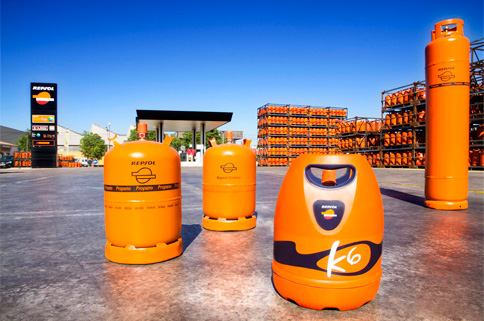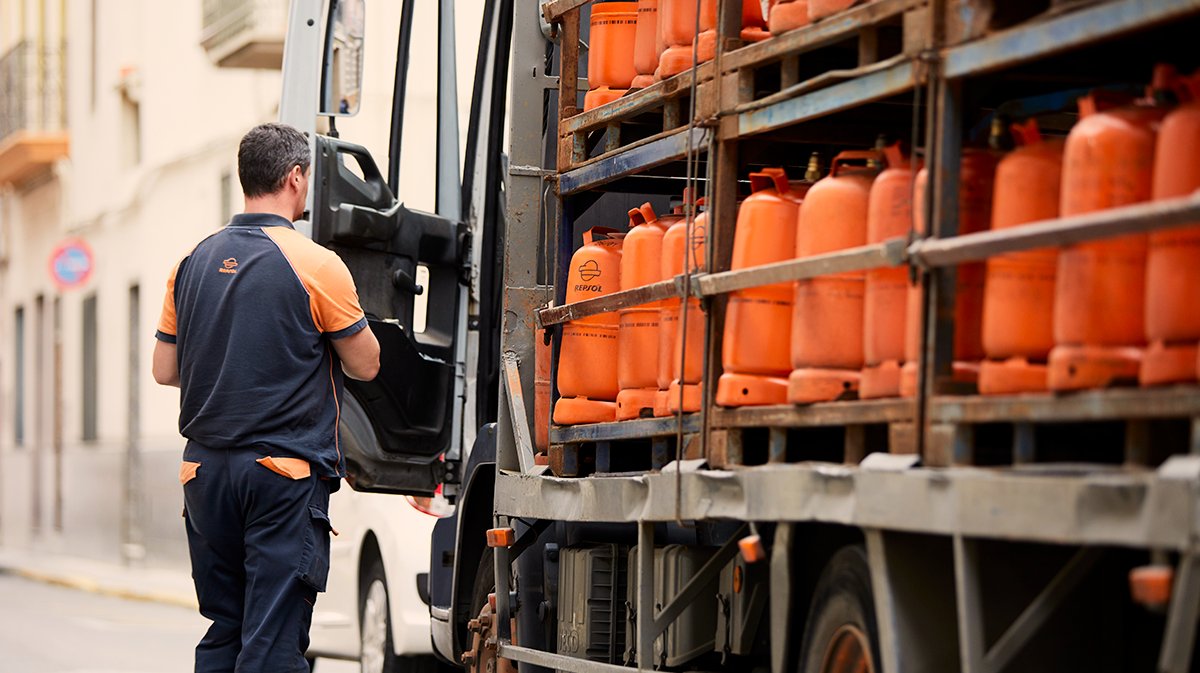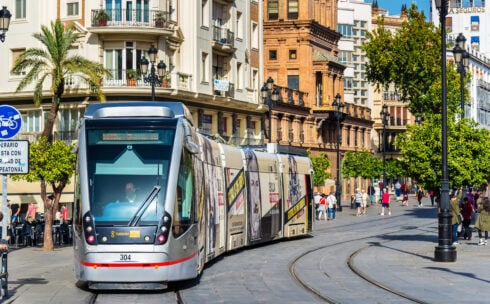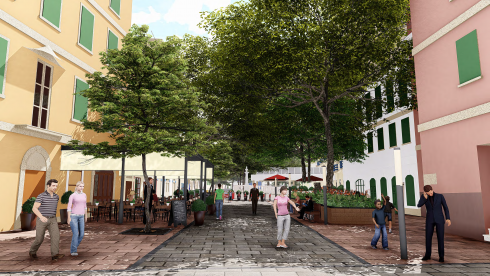MANY homes in Spain still rely on bottled gas as they don’t have access to mains gas, especially rural homes and businesses.
Some also use bottled gas to more accurately monitor how much they use and it often works out much cheaper than being connected to a mains supply as there are no fixed costs.
If you are part of the 45% of the population that still use bottled gas, or ‘bombona de gas’, then here is some handy advice about, purchasing, owning and using here in Spain:
Firstly, what is available?
There are two types of gas available, propano (propane) and butano (butane).
Propano has a much lower boiling point than butane, meaning that it operates in much lower temperatures; therefore it is more suited for exterior installations and in colder climates.
Propano is most commonly used in home heating, boilers, and cooking appliances where as butane is ideal for things like portable heaters and barbeques.
There are also two different types of bottles available, traditional metal bottles and newer, lighter weight plastic bottles.
Traditional heavyweight bottles contain 12 kilograms of gas, and weigh approximately 26 kilograms when full.
They are subject to a fixed price from the Spanish government which is reviewed every two months. Retailers are permitted to adjust the price by 5% from the fixed price but no more.

Lighter plastic bottles also contain 12.5 kilograms of gas but are not subject
to a fixed price, with bottles costs depending on suppliers. On average, these
bottles are around €3,00 more per bottle.
Bombonas can be bought either from petrol stations and selected outlets such as
bars and convenience stores, but can also be delivered by the company
themselves.
If you do want to receive your gas bottles by delivery, firstly make sure you
check the current official prices and if they appear to be any higher, query it.
Some delivery drivers have been known to add on ‘fake’ delivery charges or
charge more for bringing the bottles into your home so check the price before
you hand over the cash.
If you are purchasing a bottle for the first time you will need a contract from
the supplier (Repsol and Cespa are the two largest in Spain)
To do this you will need to visit your local office with ID, rental or home
owners documents, a building gas certificate and you may require a further
inspection from the company themselves.
During the inspection the experts will check the installation of the various
items in the house such as boilers and ovens. They will check the pipe work,
the orange tubing expiry date and the regulators and sign it off before they
will issue a bottle.
You will also be required to have periodic inspections, usually every five
years and will cost between €50 and €125. Money saving experts have also
advised that negotiate between independent technical inspectors to get the best
price.
But please beware of scammers that knock on your door to request an inspection.
If you are not expecting an inspection, don’t entertain them, even if they
appear to have official paperwork. At best you will lose money, and at worst they could tamper
with your installation and put your home in danger.
Click here to read more News from The Olive Press.








